1) What is Particulate Matter (PM)?
Particulate matter is a mixture of solid and liquid particles floating in the air. It consists of soot, dust, dioxins, attrition material such as rubber, pollen, silicates, fibers, plastic particles, metals such as Pb, Al, Hg.
2) How Big is Particulate Matter?
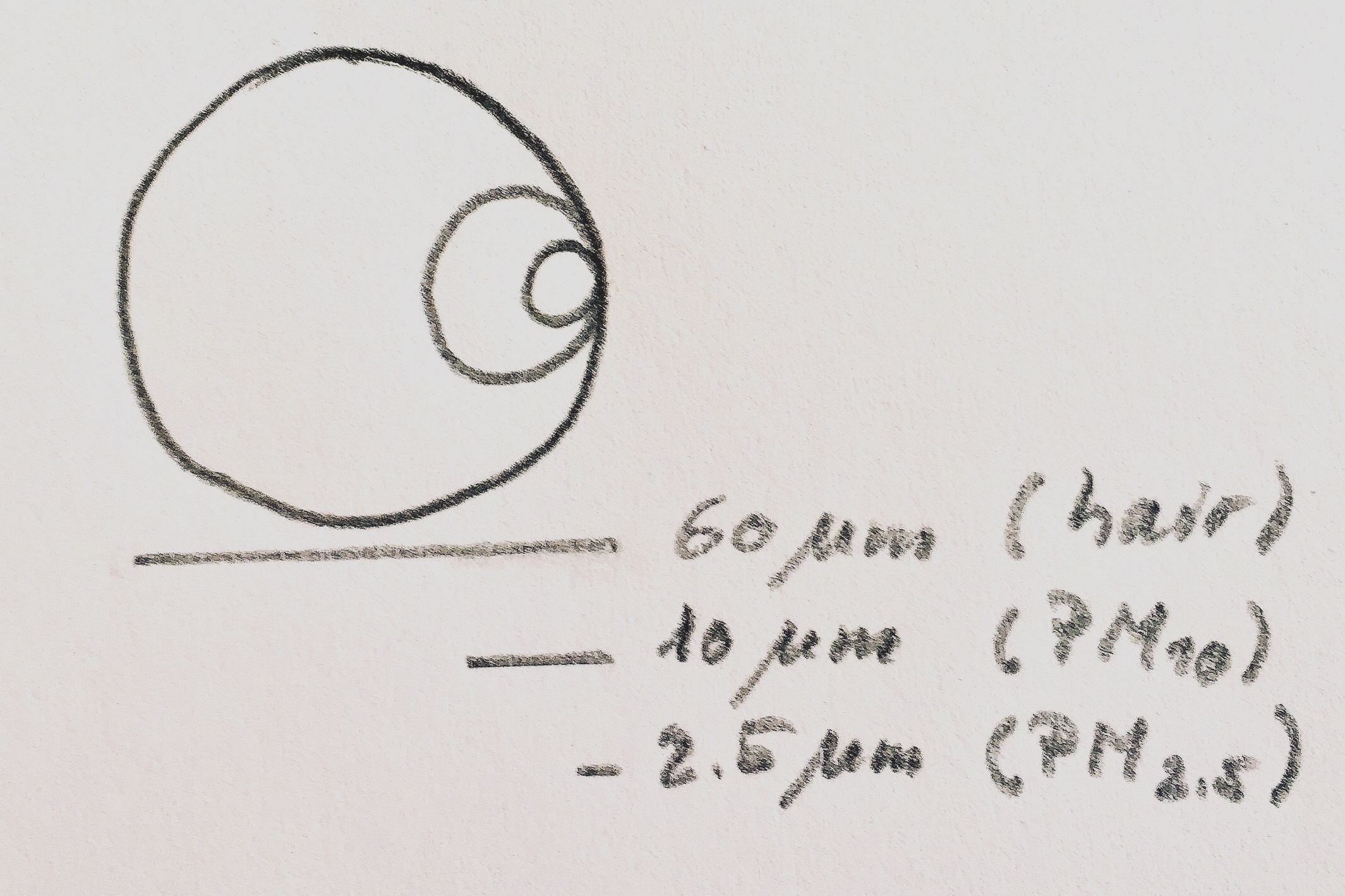
3) How Does Particulate Matter Affect Health?
Humans breathe in about 20,000 L of air per day. When exercising, this amount can increase ten times.
In the body, the particles can cause inflammatory reactions, lead to the formation of plaques in the vessels, or increase the risk of thrombosis.
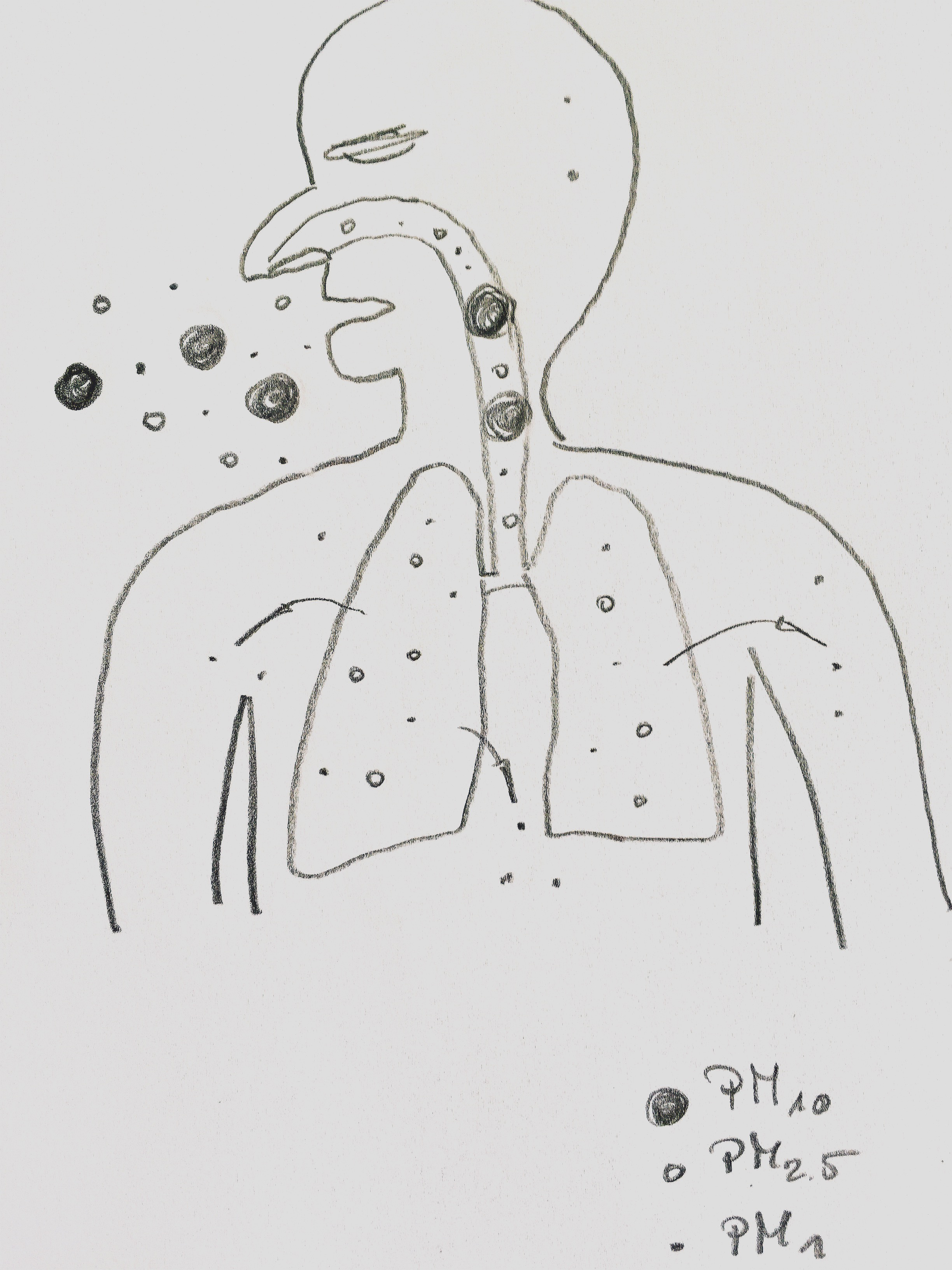
4) Where Does Particulate Matter Come From?(worldwide)
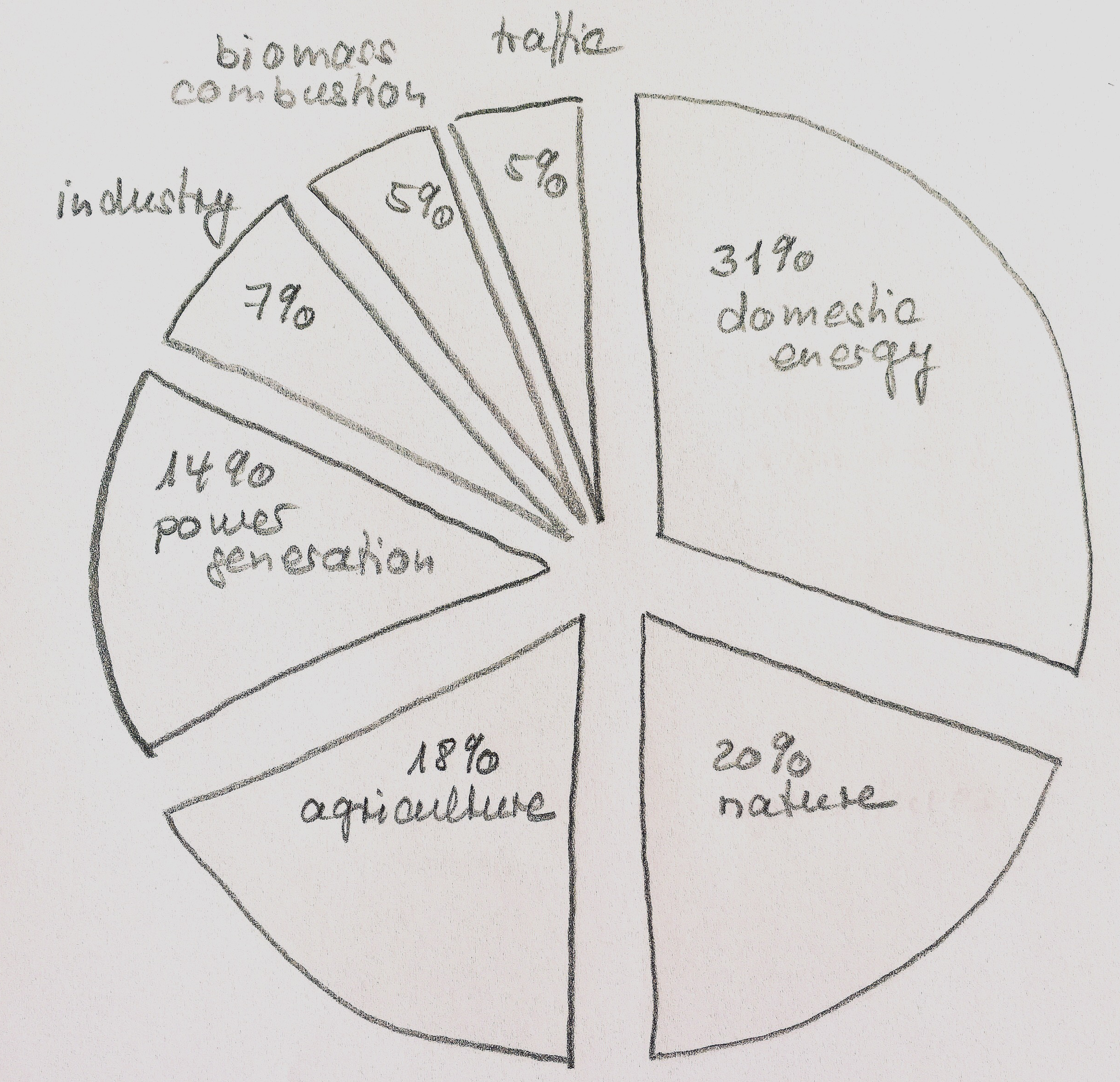
5) How Does Particulate Matter Arise?
a) Primary Particulate Matter
b) Secondary Particulate Matter
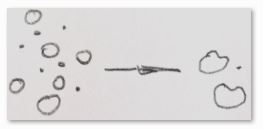
6) How to Measure Particulate Matter?
Methods to measure particulate matter include microscopic methods, methods based on interaction with light, methods based on electrical properties, sedimentation, sorting and classification.
The weather conditions have a great influence on the measured concentrations:
Determing limit values for particulate matter is usually based on the determination of the mass and thus on an assumed composition of particulate matter. The number of particles would be more meaningful for the determination of limit values.
Refences
[1] J. Lelieveld, J. S. Evans, M. Fnais, D. Giannadaki, A. Pozzer, The contribution of outdoor air pollution sources to premature mortality on a global scale, Nature 2015, 525, 367–371. https://doi.org/10.1038/nature15371
[2] G Invernizzi, A Ruprecht, R Mazza, E Rossetti, A Sasco, S Nardini, R Boffi, Particulate matter from tobacco versus diesel car exhaust: an educational perspective, Tobacco Control 2004. https://doi.org/10.1136/tc.2003.005975
[3] John Wolf, Gerhard Manier, Thomas Eikmann, Gerhard Scholl, Gerhard Feldhaus, Klaus Grefen, Peter Bruckmann, Hans-Ulrich Pfeffer, Klaus Lützke, Eberhard Schmidt Torsten Schmidt, Theo Pilhofer, Helmut Krill, Harald Menig, Stephan Schirz, Helmut Pollack, Walter Simmler, Air, Ullamnns Encyclopedia of Industrial Chemistry 2000. https://doi.org/10.1002/14356007.b07_403
Also of Interest
- Clever Picture: Emissions of a Car,
ChemistryViews 2017.
The chemical composition of a car’s exhaust gas explained
https://doi.org/10.1002/chemv.201700085
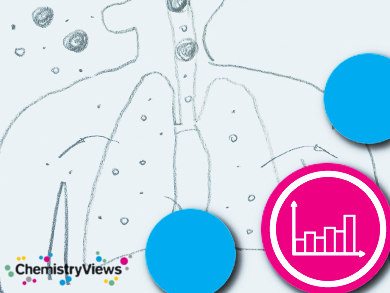
.JPG)


.JPG)

